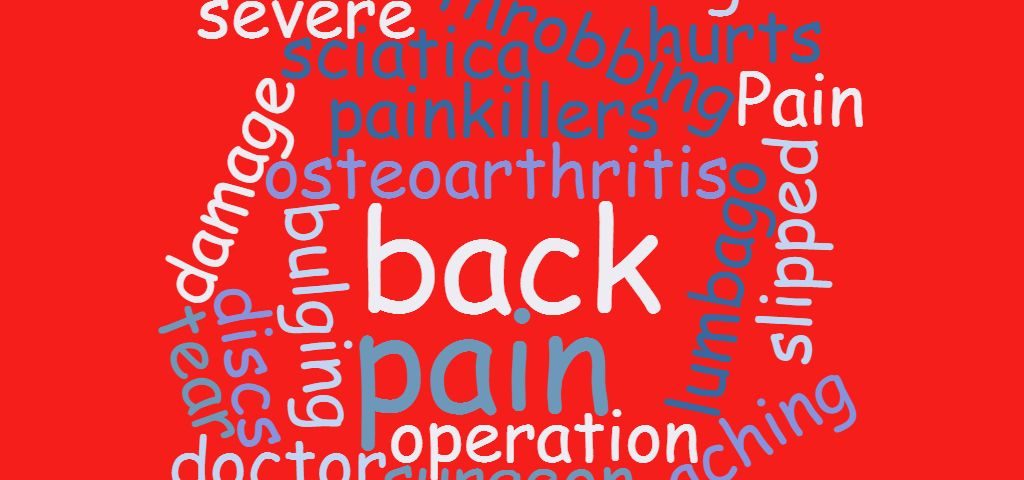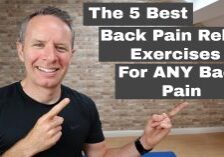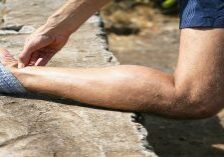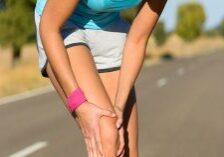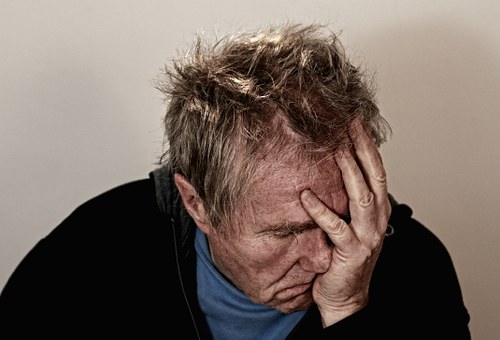
6 Ways to relieve acute lower back pain
9th May 2018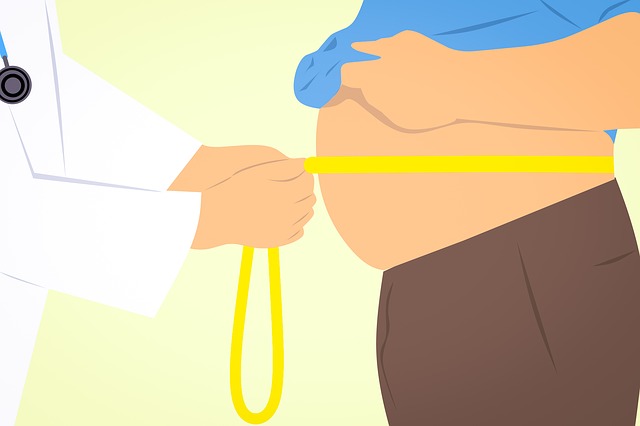
3 Things you must know about Big Belly Back Pain! .
30th May 2018Slipped Disc
The phrase “slipped disc” is one I am sure you have heard before. Unfortunately it is not really a very accurate description of what may be causing your pain, or of what happens to the disc if there is an issue with it. Your discs do not slip in or out, So let’s explain it a bit better.
Discs
Intervertebral discs are the things between your vertebrae (bones) in your back. They are made up of 2 parts,
- the inner part called the nucleus pulposus (NP) which is relatively more gel like and
- the part that surrounds it which is called the annulus fibrosus (AF). The AF is tough, very tough. It can withstand pretty much everything we throw at it.
Think of the things that a back does in a rugby player or in a World's strongest man competition. The back is TOUGH, but…..of course it does have its limits!
What do we know about these rugby players and athletes through their career and into retirement? It is not their backs that wear out, but their hips, knees and shoulders.
"My back is knackered"
We know most back pain is not due to slipped disc problems but more a combination of factors. There is a medical phrase “non specific lower back pain”.
What in essence this means is that there was no major structural trauma in causing your pain. Think of the extreme amount it takes to break a bone tear a muscle or tendon. It also means if you have investigations such as x-ray and MRI scans there is nothing major to see i.e. You do not have cancer or anything else pressing on your spinal cord or anything severely compressing your nerves as they exit your spine. This is the case with the vast majority of people suffering with lower back pain. Trust us, this is VERY good news!
It is now widely accepted that other findings such as osteoarthritis, spondylosis and degenerative disc disease are all considered 'normal' findings and are very poorly related to pain.
In English it that means you can have 2 people with very similar scan findings. One with pain, one with no pain. So the pain is not just about structure/anatomy, it is about the person. Just in case you were wondering, it has nothing to do with how tough you think you are!
Have I got a slipped disc?
Often someone who refers to having a slipped disc will describe pain began when just bending to lift a shoe, or turning when someone has called their name.
You may have strained a muscle (yes it can hurt that much), or strained a ligament or of course it may be due to the 'slipped disc'.
The disc will take a hammering for years and years but sometimes one thing happens that is the straw that breaks the camel's back.
The issue then is not that final thing, but all the things before, and that is where if you do have a true “slipped disc” or in medical terms a herniated disc, you have to approach your rehab from.
Typically bending, sitting slumped and being worst first thing in the morning are hallmarks of the problem.
What causes a herniated disc?
Bad luck is the simplest answer. However sitting slumped for years, bending poorly or lifting without good technique and with poor muscle conditioning all may contribute. If we add some psychological things like stress, worry and anxiety we know your back pain will go up. If you think that none of that applies to you then blame Mum and Dad and your genes!
So what can I do if I am in acute pain?
Well you could use some of our pointers from our “6 ways to relieve acute lower back pain” article but in addition to that if you can’t get comfortable you might like these 2 other positions of rest which can be more specific to your needs.
Lying face down
Lying face down with a pillow underneath your stomach will flatten out your back. This position will offload any stretch, load or pressure stimulus from your back and should give you some relief for a period of time. After a while you will have to move but usually you should be happy like this for a while.
The recovery position
Lie in the recovery position with your most painful side up - this position is useful to know in life generally. In this instance it will offload the pressure of the uppermost side of your back.
Women may want to use a small rolled towel underneath them between their pelvis and ribcage to reduce the dip that will occur due to your slightly wider hips.
Walk
People with back pain often want to rest but if you walk, within your limits, you should find it very helpful in this situation.
Get some sleep!
This is often easier said than done but if you can get good sleep you will get better faster. It has been proven that a lack of sleep actually lowers our pain threshold meaning we will get pain sooner. Nothing to do with how tough you are, just your body saying "I need some sleep".
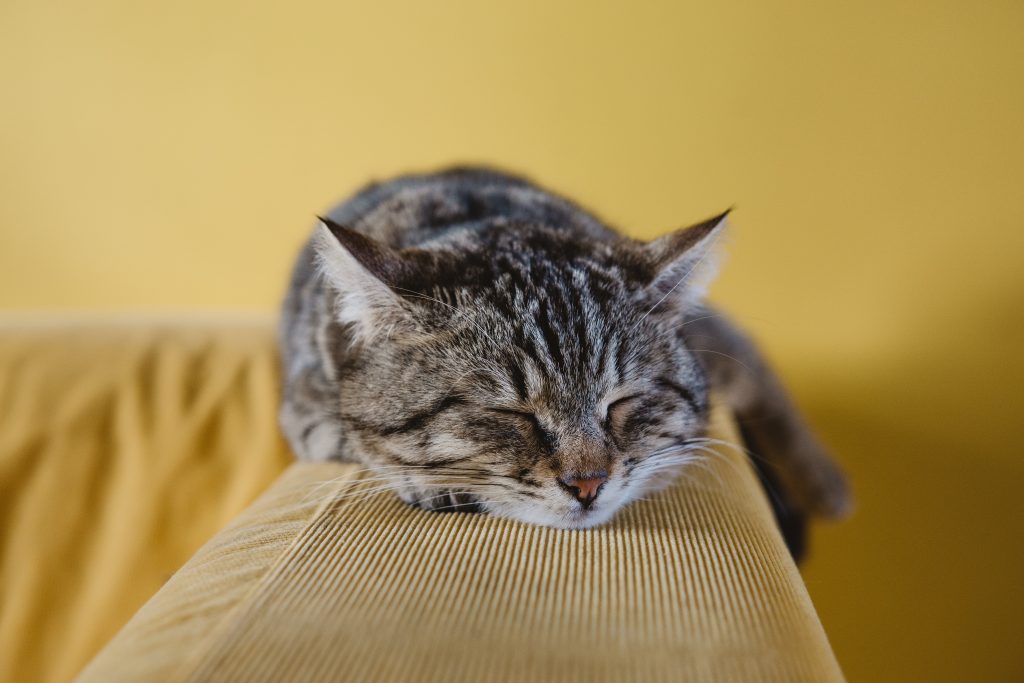
Do I need an MRI scan for my slipped disc?
The disc is often seen on scans to be a bit reduced in its height which is unhelpfully called degenerative disc disease. Sometimes you may have a “disc bulge”. But we now know that this does not mean you necessarily have pain!
How do we know that? Well some great researchers MRI’d a lot of people of varying ages with no lower back pain. They found various osteoarthritic changes and bulging discs but none of those people had pain. Now they were not superhumans and did not have broken pain systems. They just had no pain with those changes seen which we now regard as “normal”.
We sometimes say to people “ you get older and greyer and more wrinkly on the outside when you look in the mirror. Well inside you have got a bit older too” and the changes seen are just that, nothing more.
'Slipped disc' & Sciatica
Now a disc herniation is a slightly different thing. A disc herniation can press on your sciatic nerve. If you have pain in the back or outer part of your leg, you may have sciatica. This means the sciatic nerve is saying 'danger'. You can get changes to your sensation or reflexes and muscle power in your leg. This can be where the sciatic nerve is said to be irritated or it could be compressed/impinged in medical terminology.
This means that the flow of blood, oxygen and messages may be effected. The majority of these resolve with conservative measures including good advice, medication, education and rehab.
Sometimes surgery is required but that is much less common than you think. The whole disc has not “slipped” though.
There may be a sprain/strain/tear in the rear part which has allowed some of the more gel like centre to “herniate” out. This normally goes to near where the exiting nerve root passes out of the spine and can cause “sciatica”, or pain in the leg. But don’t panic because our bodies are great at healing!
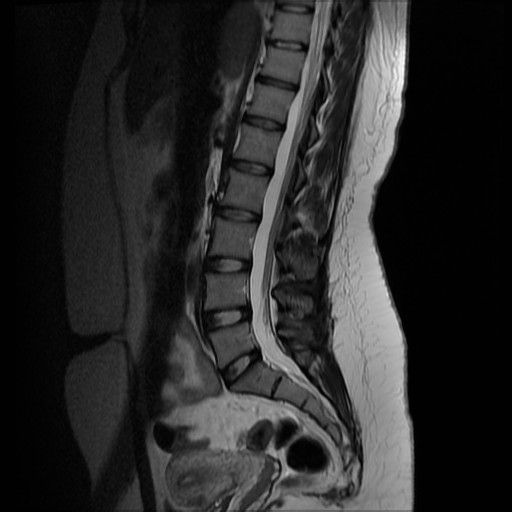
Learning about pain
There has been some great research that has proven that teaching someone about how pain works in your body actually reduces pain if you have persistent pain. Now that's pretty amazing, and they weren't wizards and didn't hypnotize them!
Pain is produced by the brain 100% of the time. If the brain receives sufficient information for it to decide there is a threat or ‘danger!’ then you will experience pain.
Information your brain can get can be:
- Sensory - pressure, stretch or load/exercise
- Visual - images of backs, books about backs, videos of backs
- Audio - hearing people saying things about backs or stories of other people's backs.
- Thoughts and feelings - having negative or worrying thoughts will increase your pain.
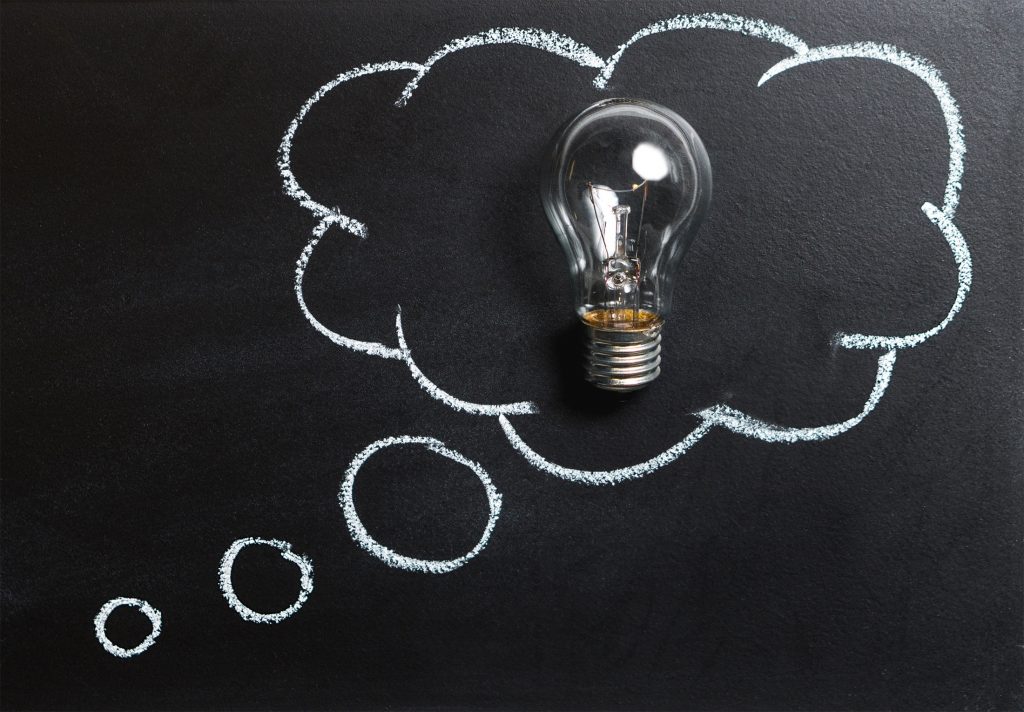
Key Points
- Pain does not always mean that there has been structural harm or damage.
- 'Slipped' discs can get better
- You can get sciatica pain with a 'slipped' disc
- Get seen early for 'slipped' disc back pain and get rid of it quicker
So if you are struggling with your back, whether you have been told you have a slipped disc or herniated disc or sciatica or anything else, the best thing you can do is to think positive and come and see us.
We will
- Listen to your story and history of symptoms,
- Really get to the cause of why your pain is there with some simple testing, we typically do not need an MRI scan to do this,
- Then once we have done all that, give you a rehab plan specific to your needs in your life whether that be work, picking up kids or returning you to your sport.
Check out our reviews from happy clients.

